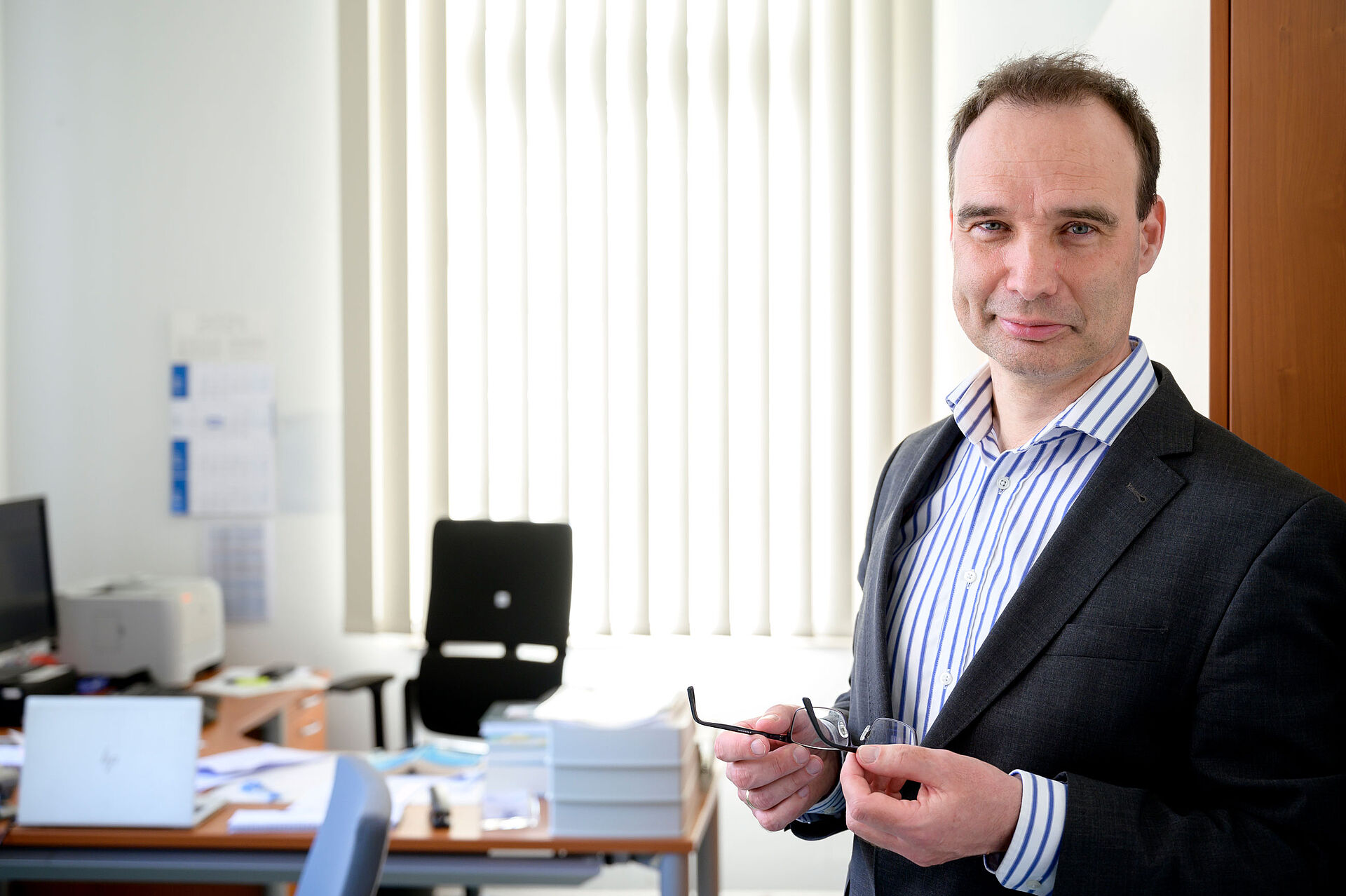Prof. Stefan Teipel talks about Alzheimer's and Lecanemab in health magazine "Apotheken Umschau"

The newly developed drug Lecanemab - this is the title story of the new issue of the German health magazine "Apotheken Umschau" from 15 April 2023.
The news was considered a sensation not only among experts: On September 27, 2022, the Japanese pharmaceutical company Eisai, together with the U.S. group Biogen, announced that their newly developed drug "Lecanemab" is significantly effective against memory loss in Alzheimer's disease: In patients with mild cognitive impairment, memory loss progresses significantly more slowly when they are treated with lecanemab. So for the first time it has been possible not only to combat the symptoms, but actually to tackle the cause of Alzheimer's disease. The antibody specifically combats the harmful deposits of the protein amyloid in the brain - and apparently so effectively that the effect is also detectable in memory tests.
Based on these results, the U.S. Food and Drug Administration (FDA) has agreed to an accelerated approval procedure. Under the trade name "Leqembi," lecanemab has now been approved in the U.S. since January 6, 2023. In the weeks leading up to the approval, however, there was also increasing criticism: American media, including the renowned scientific journal SCIENCE, reported serious side effects, including deaths, in the course of the clinical trials; so far, it has not been clarified beyond doubt whether they are directly related to Lecanemab. And, of course, the questions are legitimate: Is the breakthrough really as big as the companies involved have hailed it? Are antibody therapies the key to a cure, or are they just paving the way? And what about risks and side effects?
In the article, psychiatrist Prof. Stefan Teipel, head of clinical research at the Rostock/Greifswald site, group leader and deputy site speaker, explains why Alzheimer's can neither be stopped nor cured by the new active substance, but only slowed down, why the drug is only suitable for a small group of patients in the early stages of the disease, and how he sees the future of treatment with lecanemab as well as the early detection of Alzheimer's. You can find the online issue here. Enjoy reading (in German only).
More information about "Apotheken Umschau"
The health magazine has the highest print run in Germany and is read by around 18 million people per month. "Apotheken Umschau" is available in pharmacies as a customer magazine.
